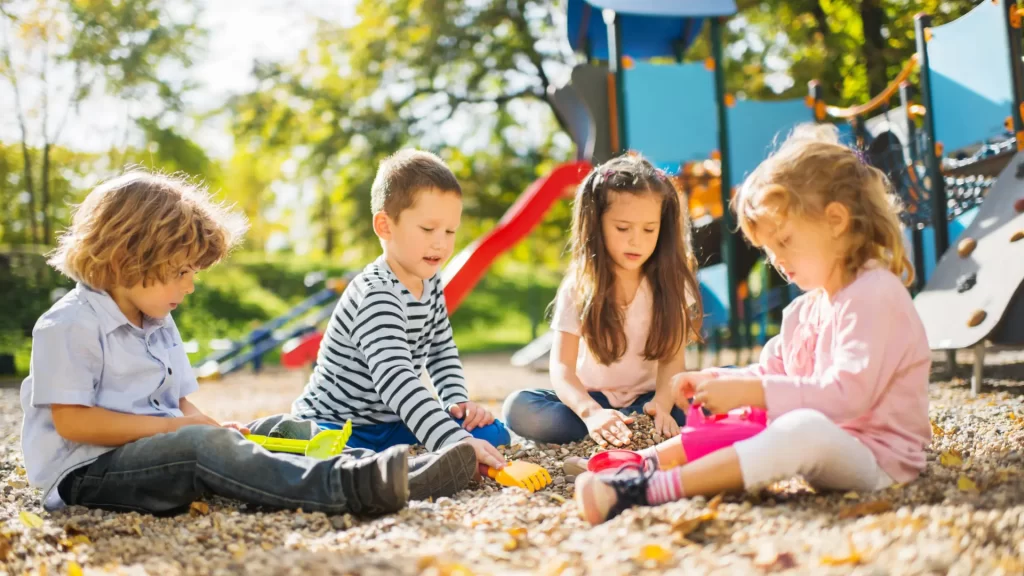Tips for Helping Your Children Adapt to Life in a Foreign Country

Adjusting to a completely new culture, language, and environment can be a bit overwhelming. If you find such ways, then it may create ways for your kids to glide through the transition as it might be smooth. Below is a definite list of practical tips to ease the transition for the whole family.
1. Prepare them ahead of time
One of the best ways to prepare a child to live in a new country is to tell them about it before actually moving. Inform the child about culture and tradition, language, and way of life in the new destination. Use books, videos, and even online resources to present the information in an engaging and relatable way. If possible, get them involved in the decision-making process, such as choosing the room settings for their new home or making them research local attractions. This gives a sense of being more in control and makes them excited about moving.
2. Maintain Old Routines
Shifting to a different nation will break the daily monotonous routines of the child, which makes the settled child even more uncomfortable. Try to maintain some of those familiar character traits and routines-for example, bedtime rituals, meal times, or family traditions. Since familiarity with something provides stability and comfort, it can make a new environment less scary.
3. Encourage Open Discussion
There are fears, doubts, and concerns children keep inside when they are forced to go live in a foreign country. Encourage them to talk about such feelings openly and lend a hearing without judgment. Acknowledge their emotions to them and assure them that it is quite normal to feel apprehensive or homesick. Communication that you are with them in everything makes them feel connected and supported.
4. Encourage learning a New Language
Language barrier is often one of the biggest challenges children might face when moving to a foreign country. These kids can be sent to study in classes that teach the host country’s language. This may also involve learning through games and other more enjoyable methods. Dictate simple sentences to practice at home and celebrate their achievements. Having the local language will boost their self-confidence and help them make friends more easily.
5. Build New Connections
Making friends is of utmost importance for children to settle in a foreign country. Encourage your child to take part in school activities, sports, or clubs where children share similar interests. Allow him to play with classmates or neighbors so that they can start establishing friendship bonds. Your child will need companionship when getting along in the new culture, and it will make him feel more part of his new environment.
6. Experience the Local Culture
Encourage your kids to live and partake in the local culture, from tasting new foods to celebrating ethnic festivals, to exploring the surroundings. Do it as a family so that it can be fun and be imprinted in their memories. The more they engage in the culture, the closer they will feel.
7. Keep in Touch Back Home
It yet comforts one’s mind and heart before setting out in a new place. Would be better if one still keeps some contact with home. So organize regular calls or video chats with family and friends back home to keep them familiar and cherish the locally repeated festivals. This nearer balance, life and death together, will help ease the transition while preserving their identities.
8. Patiently Follow
It takes time to adjust to everyday life in another country. A patient attitude will prove useful in allowing room for the child to adjust at his/her own pace. Acknowledge their achievements, no matter how tiny they seem, and highlight the progress so made. Encourage them to be confident and resilient.
9. Seek professional support if necessary
If all these seem insufficient and adjustments are not forthcoming, then seek the guidance of a school counselor, therapist, or relocation expert. After all, professional guidance helps in addressing their problems and makes the process much easier for the child itself.
Moving will not be easy no matter how much ever you prepare your child, but it will improve with time, preservation, practice of friendship, and culture techniques in place. This teaches the family to become an experience of life that creates tempting and sweet memories.
